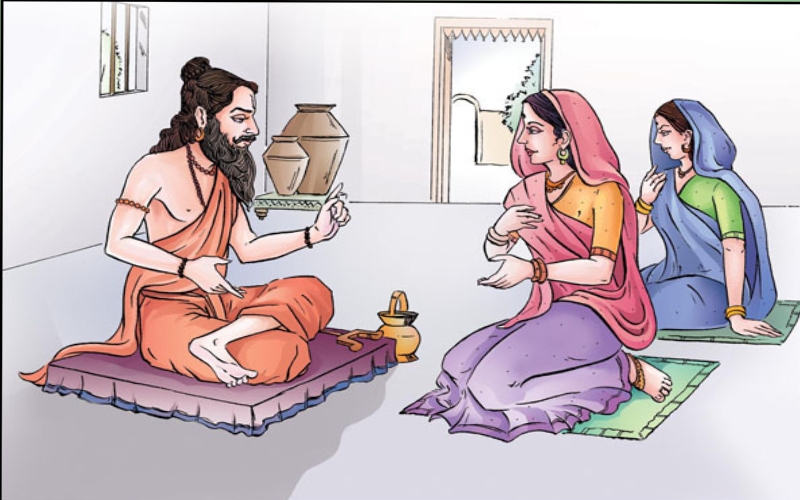
Maharṣi Yājñyavalkya was well-known for his unsurpassed spiritual wisdom and acknowledged as the greatest Brahmavādī of his time (8th or 7th century BCE). His wife Maitreyī is regarded as a great scholar and a symbol of intellectual women in India.
Yājñyavalkya had two wives. The elder one, Kātyāyanī was a happy home maker while the younger one Maitreyī was only interested in the knowledge of the Brahman.
Maitreyī could have inherited this interest from her aunt (her father Mitrī’s sister) Gārgī Vācaknavī, a very famous Brahmavādinī in the court of Janaka. Mitrī was a minister in the court of Janaka. Young Maitreyī used to attend the philosophical debates in the court of King Janaka, along with her aunt. As Maitreyī watched the way in which Yājñyavalkya demolished his adversaries’ arguments and emerged successful in each one of the debates, she fell in love with him. She also wanted to be his student and learn Brahmavidyā. The only way was to marry him.
But there was a problem. Yājñyavalkya was already married to a wonderful woman named Kātyāyanī. Finding Maitreyī steadfast in her determination, Gārgī and others approached Yājñyavalkya and requested him to marry Maitreyī and accept her as his student. Yājñyavalkya hesitated because he loved his wife Kātyāyanī too well. Kātyāyanī, however, understood the situation and gave him permission to marry Maitreyī. The wedding took place and the three lived in happy harmony. Maitreyī continued to evince keen interest in Metaphysics and learnt many things from her husband.
After many years, Yājñyavalkya decided to divide his wealth and possessions between his two wives and become an ascetic. Those days, each human being was expected to pass through four stages, which they called ‘Āśramā-s’ ––‘Brahmacarya’ (The stage of being a student), ‘Gṛhastha’ (The stage of being a householder), ‘Vānaprastha’ (The stage of leaving the house and living a simple life in a forest) and ‘Sannyāsa’ (Complete renunciation). Having passed through the first three stages, Yājñyavalkya wanted to go towards total renunciation and strive for immortality.
As he expected, Kātyāyanī accepted his decision without much objection. She was satisfied that she was well-provided for. In fact, Yājñyavalkya had left a lot of wealth for his wives.
But Maitreyī would not agree so easily. She asked him, “My lord! Will all the wealth that you will give me, make me immortal?”
Yājñyavalkya smiled, “No, my dear! Wealth can only make your life comfortable. You can never hope for immortality through wealth.”
Then Maitreyī said, “In that case, I do not want any of this wealth. Give my share also to Kātyāyanī. I will come with you in pursuit of immortality. Please teach me more about the Brahman.”
Yājñyavalkya was very happy to hear this. He said, “You are very dear to me, Maitreyī! You are not only my wife, but also my student. Come, sit near me. I will teach you what you want. Listen to me carefully and ponder on it thereafter.”
This immortal conversation between Yājñyavalkya and Maitreyī is recorded in the Bṛhadāraṇyaka Upaniṣad.
Yājñyavalkya speaks to Maitreyī elaborately about the greatness of the Absolute Self, Its nature and the way of attaining infinite knowledge and immortality. He says, "All things are dear, not for their sake, but for the sake of the Self. This Self alone exists everywhere. It cannot be understood or known, for It alone is the Understander and the Knower. Its nature cannot be defined. It is realized through endless denials as ‘not this, not this’ (Neti; Neti)."
Maitreyī challenges Yājñyavalkya frequently and asks relevant questions to get her doubts cleared. Without being perturbed, Yājñyavalkya clears her doubts with excellent examples.
The most well-known part of their conversation centres on love. Yājñyavalkya proves that love is actually a connection of the individual soul with the Universal Soul. (Ātmā and Paramātmā)
He tells her that a wife does not love one’s husband for his sake; nor does a husband love his wife for her sake. She loves him for the sake of the Ātman in him and he loves her for the sake of the Ātman in her. This holds true for all kinds of love.
Yājñyavalkya concludes that all love is a reflection of one's own soul.
In course of time, Yājñyavalkya leaves her and becomes a Sannyāsī. Maitreyī also becomes a Sannyāsī and leads the life of an ascetic.
A few more facts about Maitreyī:
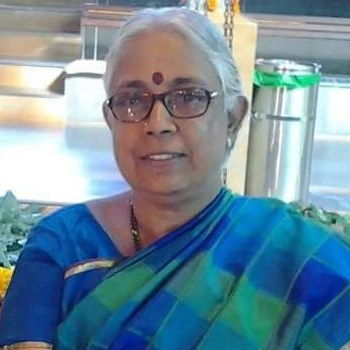
B. Ramadevi is a teacher of English and a freelance reviewer of music and dance. Being a polyglot, she gets inputs from various sources and loves to share it with interested people. She contributes articles for Verandah Club on characters from Indian scriptures and classics.
References:
https://en.wikipedia.org/wiki/MaitreyīMaitreyīo.”
https://terebess.hu/english/Hatha-Yoga-Pradipika-Muktibodhananda.pdf
https://en.wikipedia.org/wiki/Yajnavalkya
https://timesofindia.indiatimes.com/edit-page/Love-for-loves-sake/articleshow/9212891.cms
You may find more information on Yajnavalkya at the link given below: https://theverandahclub.com/article/gargi-vachaknavi-and-yajnyavalkya-230)
https://www.dlshq.org/saints/yajnavalkya.htm
NEXT ARTICLE
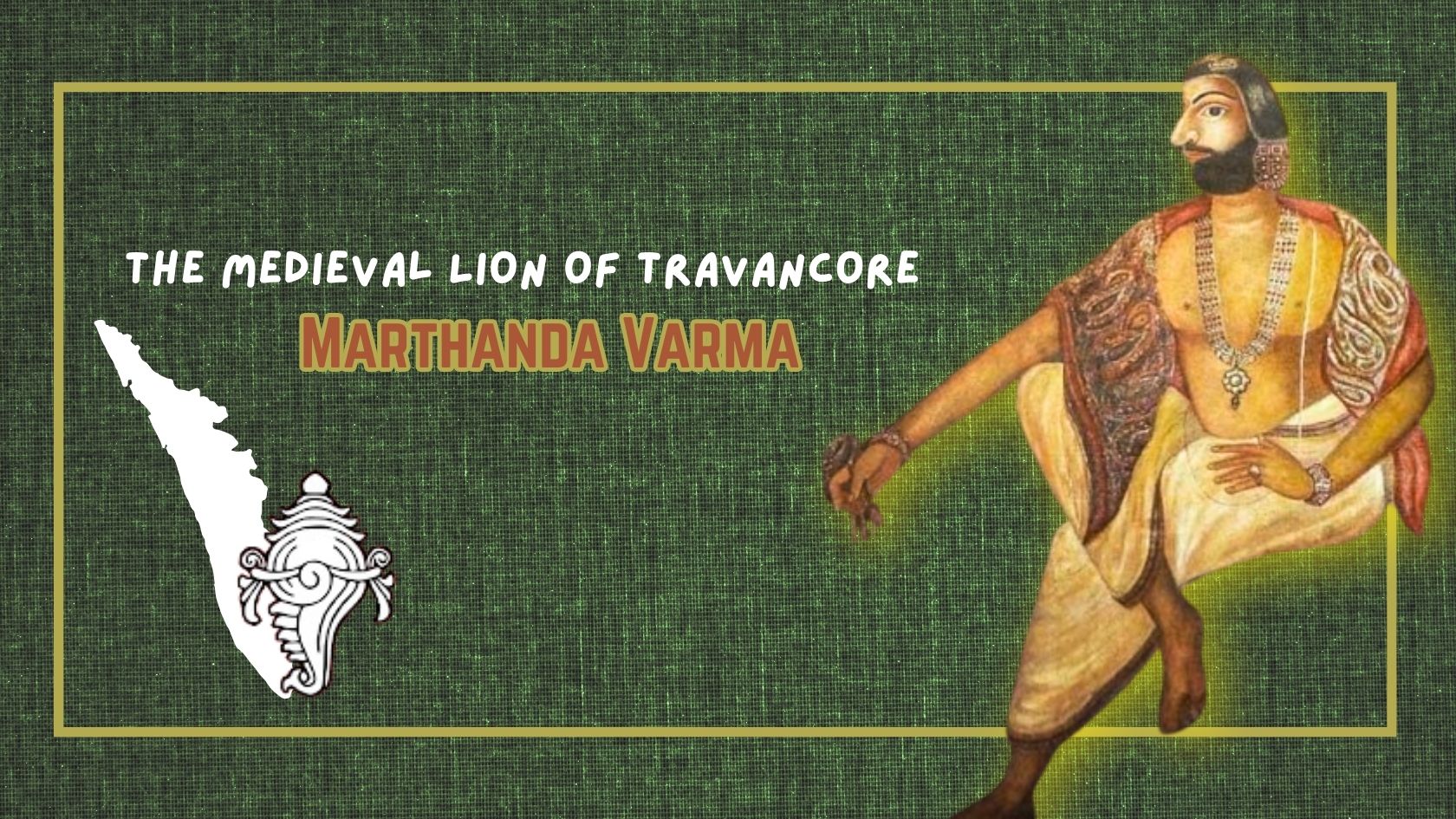
Shri Ramachandra Prasad's captivating narrative and the hot chai that was served at the right time transported me to ancient Kerala, where the extraor...
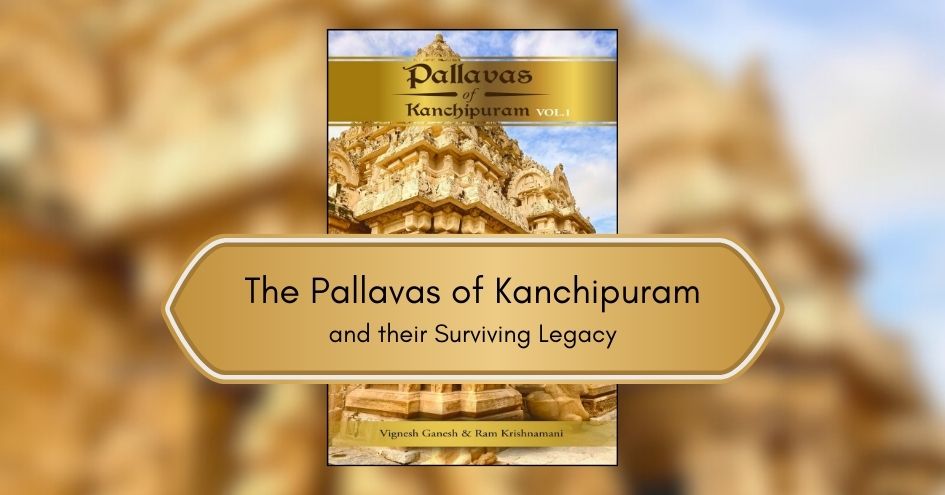
Introduction In Bharatvarsha, History is not the account narrated by victors. It is the record left behind by survivors. The study of Indian History...
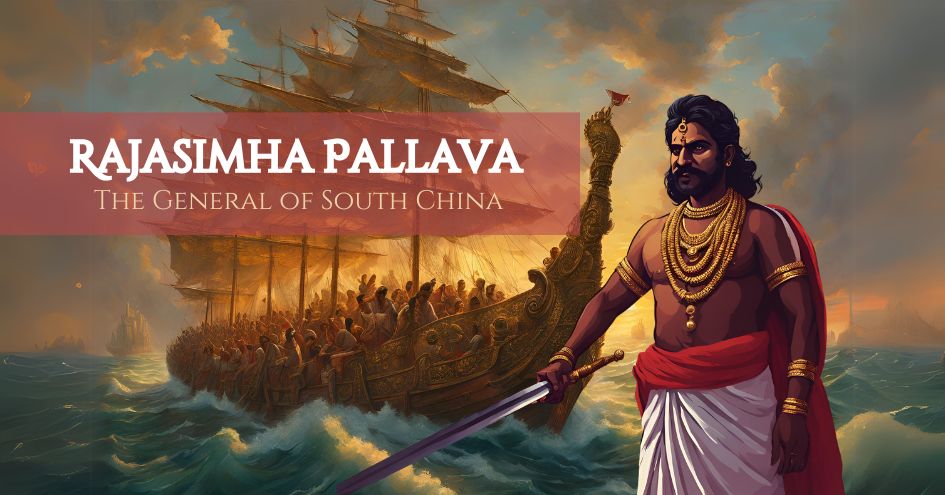
It is the first-half of the 8th Century C.E. in South India. The Pallava kingdom possesses strength and prosperity with some of the greatest monument...